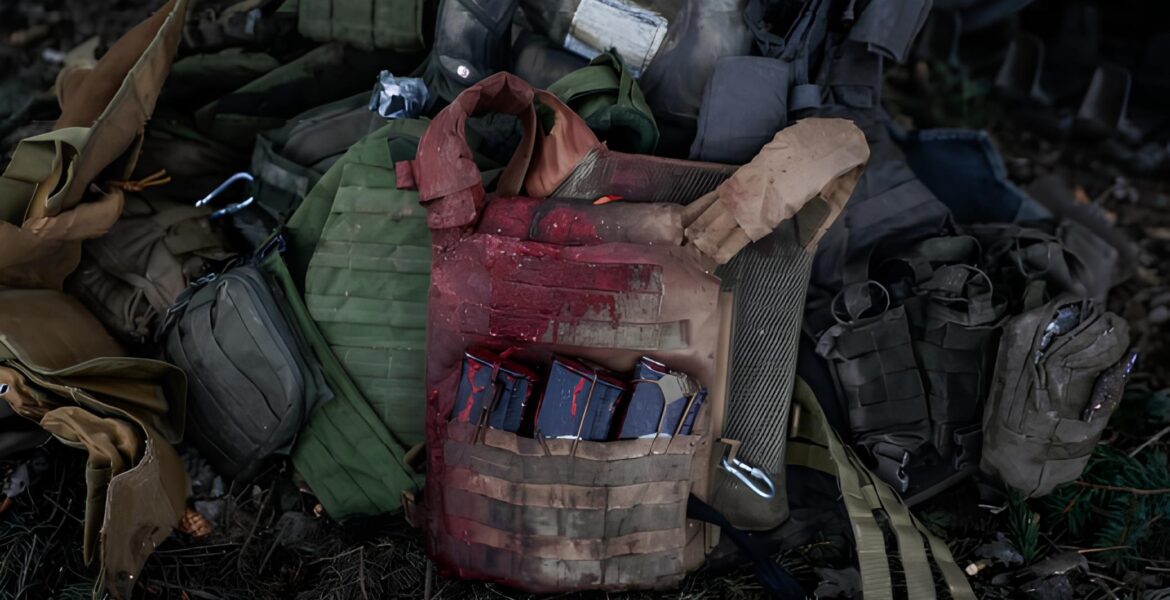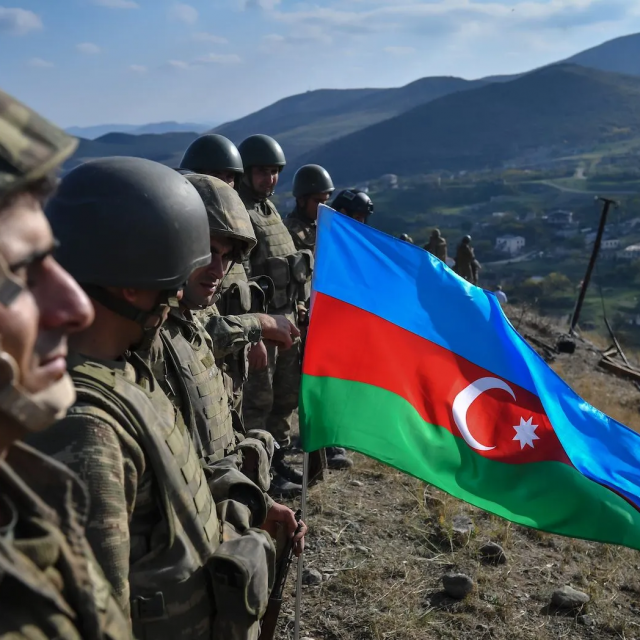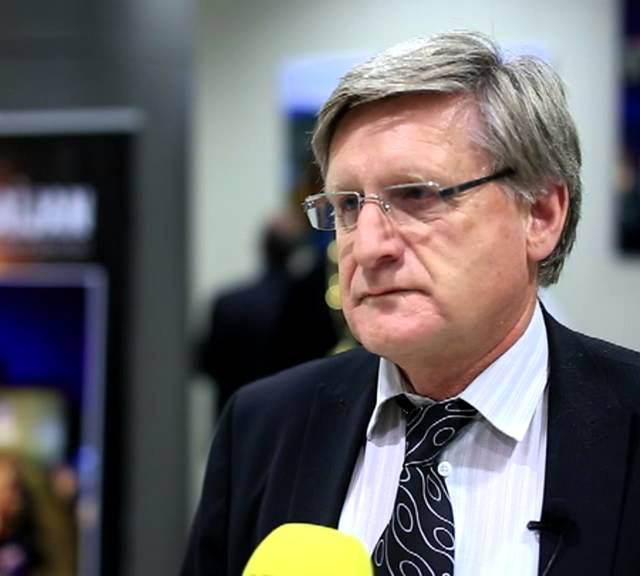Photo: Serhii Nuzhnenko (Radio Free Europe/Radio Liberty)
The recent execution of a Ukrainian prisoner of war by Russian soldiers with a sword has shocked and outraged the international community. This barbaric act occurred in September 2024 near Novohrodivka, close to Pokrovsk. The prisoner was bound, highlighting the particular cruelty of the crime. Ukrainian Ombudsman Dmytro Lubinets stated that this is a gross violation of international law and the Geneva Conventions, which regulate the treatment of prisoners of war. This incident, as part of Russia’s strategy to demoralise Ukrainian society, demonstrates a complete disregard for humanity. The Ombudsman also reported that he has sent letters to international organisations including the ICRC and the UN, requesting them to document this latest human rights violation by Russia.
This case is just one of many instances of the brutal treatment of Ukrainian prisoners of war by Russian forces. The UN and international organisations have repeatedly documented torture, sexual violence, executions, and other forms of violence against Ukrainian prisoners. Since the beginning of the war, numerous episodes of violence, including beatings and executions after surrender, have been documented. According to the UN, Russian forces have executed over 30 Ukrainian prisoners of war in the past year alone. These crimes have been meticulously documented and recognised by international human rights organisations.
The international community has reacted strongly to these war crimes. The UN 2024 report emphasises that Russia systematically violates international law, including the Geneva Conventions, which guarantee the protection of prisoners of war. Despite limited access to prisoners held by Russia, international organisations continue to document and investigate such cases. Russia has repeatedly denied the International Committee of the Red Cross access to camps where Ukrainian prisoners are held, making it difficult to verify their conditions and document violations.
Belgium, as an active member of the European Union, has repeatedly condemned the mistreatment of Ukrainian prisoners. Belgian Foreign Minister Hadja Lahbib expressed deep concern about Russia’s systematic violations of international norms, particularly in the treatment of Ukrainian military and civilian personnel. Belgium continues to support the efforts of international organisations such as the UN and OSCE in documenting war crimes and holding perpetrators accountable. Lahbib also highlighted the need to combat impunity, emphasising the importance of international mechanisms including the International Criminal Court.
The Belgian government not only expresses concern but also actively participates in international initiatives to investigate human rights violations in Ukraine. Belgium financially supports UN and OSCE missions, which play a key role in investigating and documenting crimes.
Against the backdrop of Russia’s brutality, Ukraine demonstrates an example of humane treatment of prisoners. In September 2024, successful exchanges resulted in the return of 152 Ukrainian soldiers, including defenders of Azovstal. These exchanges were made possible by the Ukrainian military’s successes in the Kursk region. Ukraine strictly adheres to international standards in its treatment of prisoners, providing them with medical care and access to humanitarian organisations.
Released Ukrainian soldiers have reported torture and mistreatment they suffered while in Russian captivity. Unlike Russia, Ukraine ensures that Russian prisoners of war are held according to international standards. This incident of cruel execution underscores the need for intensified pressure on Russia, ensuring that each violation is thoroughly investigated and that the criminals responsible are held accountable.
Belgium, like other EU countries, must continue its legal and diplomatic efforts aimed at punishing the guilty and preventing further crimes. The Geneva Conventions must be strictly observed by all parties to the conflict. The international community cannot remain indifferent in the face of such crimes. Only decisive actions can stop the brutality and ensure justice for the victims of these war crimes.




